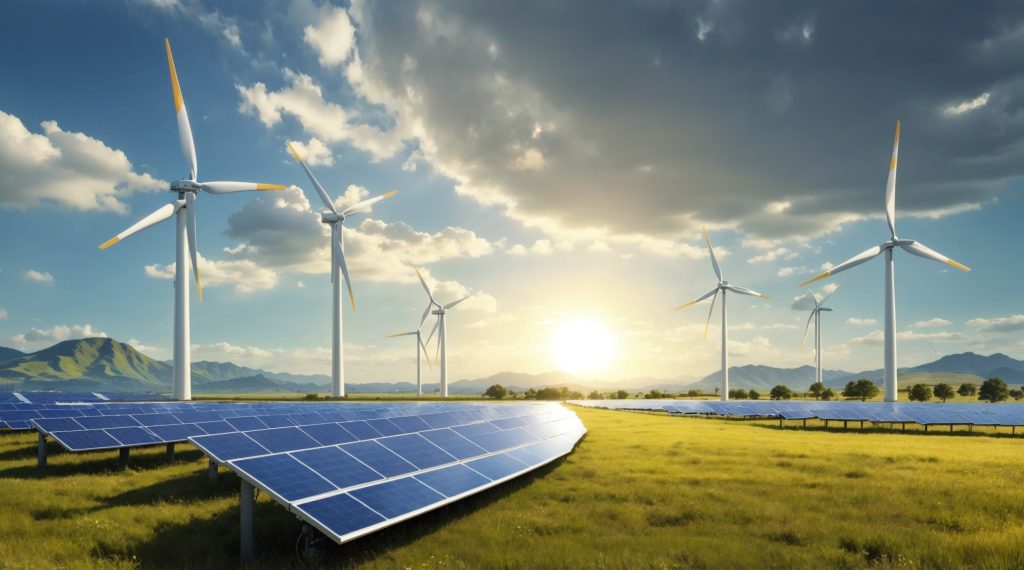Renewable energy is transforming the global energy landscape by offering sustainable, eco-friendly alternatives to fossil fuels. As the world grapples with climate change, pollution, and finite natural resources, renewable energy sources such as solar, wind, hydro, geothermal, biomass, and ocean energy are emerging as crucial solutions. Solar energy harnesses the sun’s power through photovoltaic cells and thermal systems, while wind energy captures the kinetic energy of wind using turbines to generate electricity. Hydropower leverages the flow of water to turn turbines, providing a steady and reliable energy source.
Geothermal energy taps into the Earth’s internal heat, offering consistent power with minimal environmental impact. Biomass energy converts organic materials into biofuels, addressing waste management while providing renewable energy. Ocean energy utilizes tidal, wave, and thermal gradients to generate electricity, harnessing the power of the seas. These renewable sources not only reduce greenhouse gas emissions and decrease reliance on fossil fuels but also contribute to job creation, economic growth, and improved public health. By transitioning to renewable energy, we can mitigate climate change, protect natural ecosystems, and build a resilient energy infrastructure for the future. As technology evolves and costs decrease, renewable energy will play an increasingly pivotal role in shaping a sustainable world, underscoring the urgency of adopting and advancing these green technologies.


